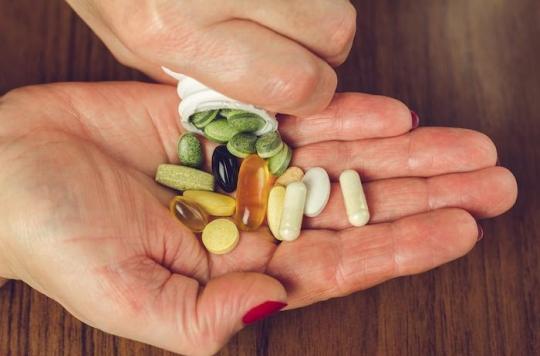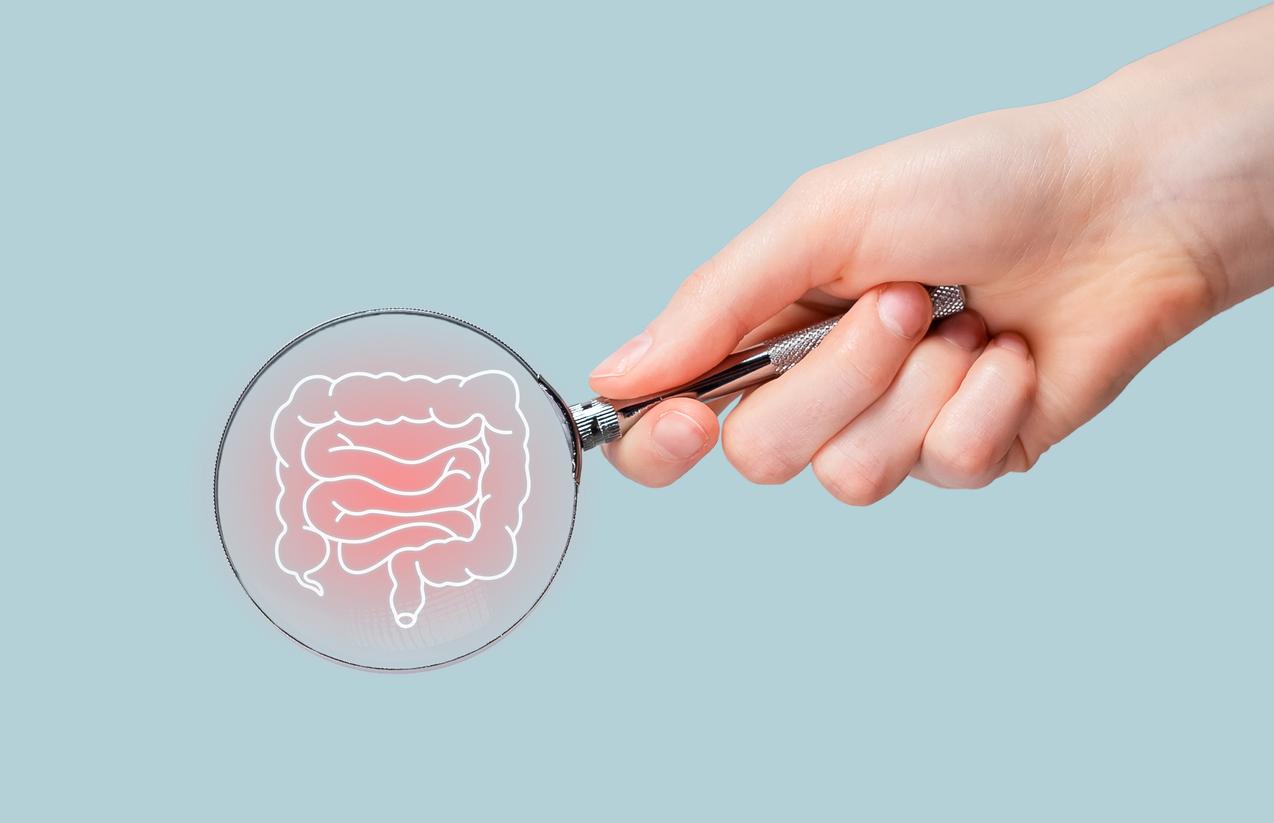The market for dietary supplements continues to grow, and yet. In most cases, they are useless, even dangerous.

Vitamins, minerals, fatty acids or amino acids… A food supplement is a foodstuff whose purpose is to provide a supplement of nutrients or substances having a nutritional or physiological effect, missing in the normal diet of a person.
Unlike food additives, which are mixed into certain foods, the supplement is a concentrated source that is sold on its own.
Expensive prices
For example, the product “Bum Bum burner”, based on maté, Brazilian guarana, green coffee and pineapple, is sold as a “fat burning food supplement”. For 25 euros the box, the brand promises “a synergy of exotic ingredients that allows you to refine your silhouette thanks to guarana and to lose weight thanks to mate”.
In another register, “Prostate Defense”, a product composed of extracts of saw palmetto berry oil, soybean, nettle, zinc and lycopene, promises, for 26.99 euros for 60 capsules, ” healthy urinary system and prostate” in men over 40.
no miracles
Expensive prices, especially since “if there really was a miracle molecule, with long-lasting effectiveness and without risk of recurrence, it would be known and it would be reimbursed by Social Security. It would be considered a drug and would be integrated into public policies to combat obesity.
However, with some exceptions, a food supplement cannot have or claim therapeutic effects. It would otherwise be considered a drug and regulated as such,” explains in the world Mathilde Touvier, researcher at the National Institute for Health and Medical Research (Inserm) and member of the nutritional epidemiology research team.
Risky self-medication
In 2015, the repression of fraud estimated that 80% of websites specializing in food supplements did not comply with the legislation, because of the nutritional and health benefits they claimed. In fact, it is rare that a food supplement is really necessary. To overcome a deficiency or lose weight, rebalancing the diet is enough in most cases.
For food supplements to be truly effective and safe for health, they must therefore be consumed under medical supervision, and above all not alone. In this matter, the advice of the pharmacist is not enough.
“Without a healthcare professional (doctor, dietitian) to accompany them, consumers may run several risks: fraud, interaction with certain treatments, overdoses, allergies, not to mention the long-term effects of regular consumption of these products on health are far from being known…”, continues Mathilde Touvier.
Side effects
In 2016, the National Agency for Food Safety (Anses) indicated in a report that its national nutrivigilance system had collected forty-nine reports of adverse effects likely to be linked to the consumption of food supplements. In more detail, the adverse effects reported were mainly cardiovascular (tachycardia, arrhythmia, stroke) and psychological (anxiety disorders, mood disorders).
Thirty years ago, Americans who took tryptophan-based food supplements to improve their health developed an autoimmune disease called “eosinophilic fasciitis”. The unfortunates suffered from a painful inflammation of all the membranes that envelop the muscles (the fascia), and had to be treated with medication for five years and more.

.

















